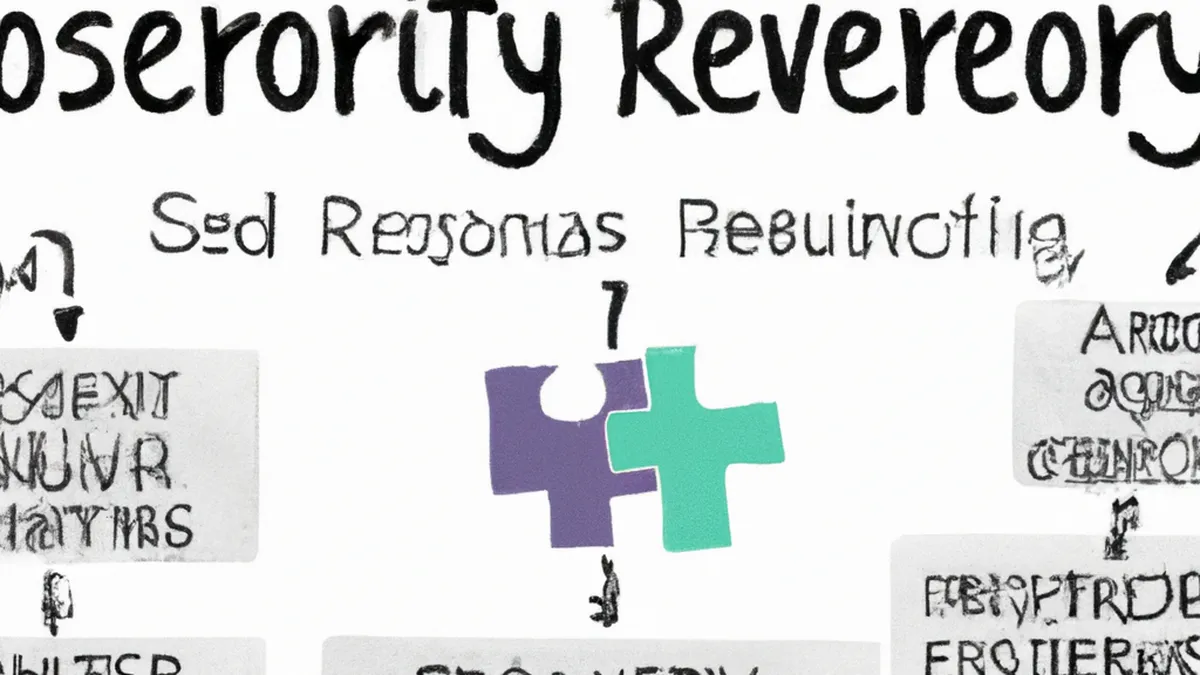Encouraging Vulnerability in Recovery Support
Strategies for Building Positive Relationships During Recovery
Recovery presents challenges and triumphs. Building positive relationships during this time is crucial. Supportive connections enhance your healing process by providing encouragement and understanding. This article explores effective strategies for cultivating relationships during recovery, focusing on understanding your needs, fostering communication, and engaging in reciprocal support.
Understand Your Needs
Understanding your needs is the first step in building positive relationships. Reflect on what you seek from your relationships. Determine if you want emotional support, practical help, or companionship. Knowing your needs allows you to communicate them clearly. This self-awareness helps you identify the right people and fosters healthier interactions.
Self-Reflection
Engage in self-reflection to assess your emotional state and required support. Journaling serves as a helpful tool. Write down your thoughts, feelings, and goals for your recovery journey. This exercise clarifies your needs and how to communicate them effectively.
Be Open About Your Journey
Openness fosters trust and strengthens relationships. Share your recovery journey with those you want to connect with. Explain your challenges and goals in recovery. This transparency helps others understand how to support you best.
Vulnerability as Strength
Sharing your struggles may feel daunting, but vulnerability can empower you. It invites empathy and compassion, allowing others to relate to your experience. Remember, everyone faces struggles. Sharing yours may encourage others to open up, creating deeper bonds.
Choose Your Circle Wisely
Surrounding yourself with positive influences is vital for recovery. Choose friends and family who uplift and inspire you. Avoid individuals who may lead you into negative patterns. Assess the dynamics of your relationships and consciously select who you spend time with.
Support Groups and Communities
Consider joining support groups or recovery programs. These communities help you meet others who share similar experiences. Engaging with those who have walked similar paths offers camaraderie, insights, and valuable advice.
Communicate Effectively
Effective communication forms the cornerstone of strong relationships. Practice active listening and express your thoughts clearly. Use “I” statements to share your feelings without blaming others. For example, say “I feel overwhelmed” instead of “You make me feel overwhelmed.” This approach reduces defensiveness and encourages open dialogue.
Develop Active Listening Skills
Active listening involves concentrating fully on what others say, not just waiting to respond.
Conclusion
Building positive relationships during recovery enhances your healing journey. Understanding your needs, being open, choosing wisely, and communicating effectively fosters stronger connections.
Below are related products based on this post:
FAQ
Why is understanding my needs important in building positive relationships during recovery?
Understanding your needs is crucial as it allows you to reflect on what you seek from your relationships, whether it be emotional support, practical help, or companionship. By identifying your needs, you can communicate them clearly to others, leading to healthier interactions and stronger connections during your recovery journey.
How can I effectively communicate my feelings to others during my recovery?
Effective communication can be achieved by practicing active listening and using “I” statements to express your feelings without placing blame. For instance, instead of saying “You make me feel overwhelmed,” you can say “I feel overwhelmed.” This approach reduces defensiveness in conversations and fosters open dialogue, making it easier for others to understand and support you.
What role do support groups play in building positive relationships during recovery?
Support groups play a significant role by providing a community of individuals who share similar experiences. Engaging with others who have walked similar paths offers camaraderie, insights, and valuable advice, helping you build connections with people who uplift and inspire you, which is vital for a successful recovery.















Post Comment